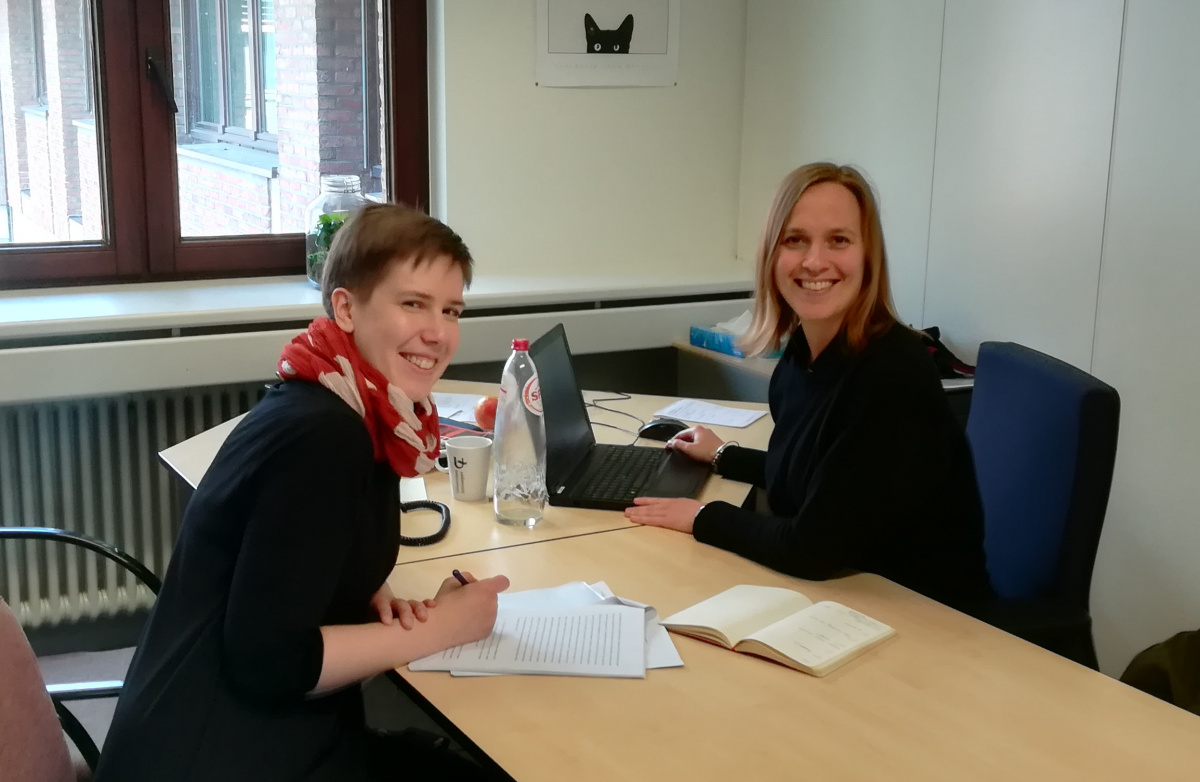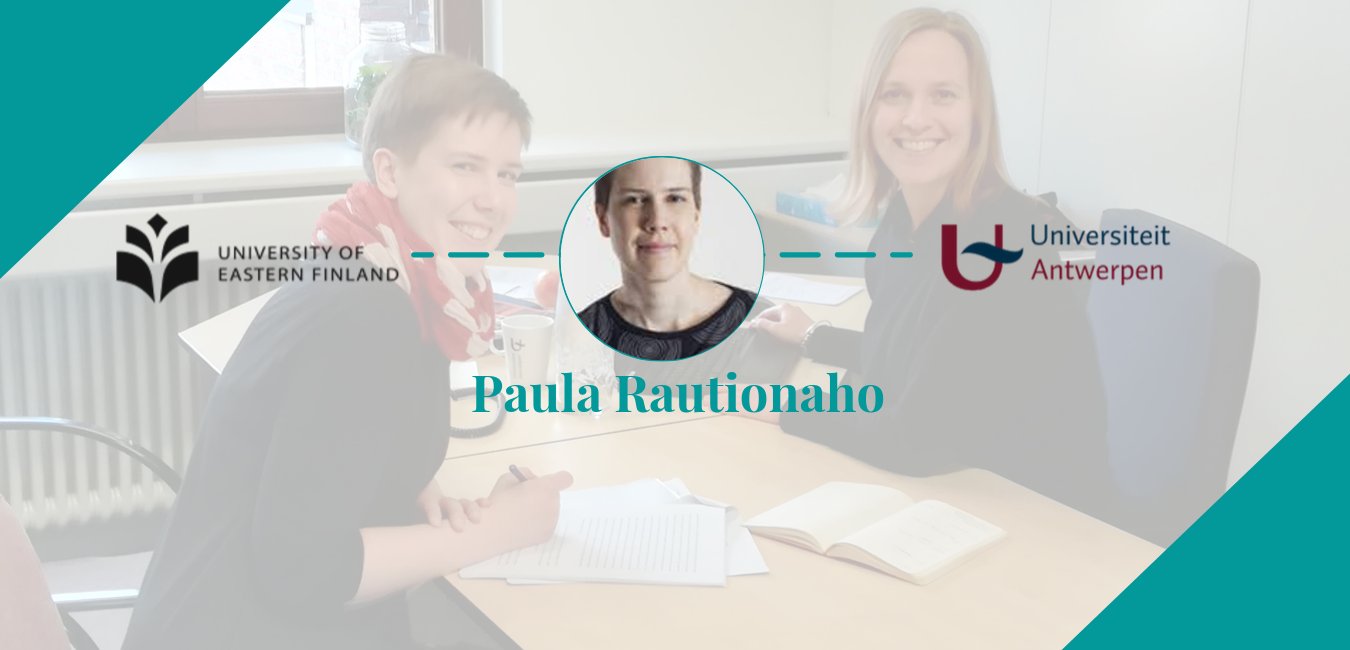I am very happy about the visit on all accounts. My host and other members of staff were very accommodating and took very good care of me. During the visit, I met with many members of the department staff and the research group Grammar and Pragmatics. I gave two lectures on the use of English in Finland and in the European context, both of which were met positively by the students, who showed interest by asking questions and reflecting on their own use of English, and the use of English in Belgium.
In our joint research, we decided to focus specifically on the use of the perfect progressive (e.g. “for the last forty years we have been groping in the dark through a known path“) in Indian English (IndE). This is a topic that originally arises in my PhD thesis on a broader scale; why is such a complex verb construction used in the first place, and what is the additional impact of combining the perfect tense and the progressive aspect? Instead of making a comparison between a number of varieties of English, we decided to focus on IndE as we realised that the proportion of for + adverbial phrases (as in the example phrase above) is considerably higher in IndE than in British English. Our hypothesis is that the perfect progressive has evolved (or is evolving) into a dedicated construction for the expression of continuative meaning – something which in other varieties is usually expressed by the perfect alone, and possibly leading to ambiguity.
The added value of the research visit lies in the possibility of discussing the research setting and questions face to face, rather than via email or Skype. We discussed the topic from many points of view, trying out different approaches and research questions. At the end of the week, we had a clear picture of what we want to do, and how to do it. We already have much of the data necessary, and we set out a clear to-do list to be followed after the visit. We aim to present our study at a conference during the year 2020, and to publish the study in an international peer-reviewed journal. Additionally, we already made notes on another joint paper also dealing with an unnecessarily complex verb construction, i.e. the combination of the progressive construction with modal auxiliaries.
The YRMA also brought me into contact with the YERUN coordinators at University of Antwerpen, Joëlle Pletinckx, and at University of Eastern Finland, Riitta Keinänen, who were both very kind and encouraging, and who both told me more about YERUN, as well as YUFE.

Dr. Paula Rautionaho completed her doctorate (PhD) in January 2015 at the University of Tampere, with a thesis entitled Variation in the Progressive: A Corpus-based Study into World Englishes. During and after the PhD, Dr. Rautionaho worked as a researcher in two consortia funded by the Academy of Finland: Changing English (ChangE): Integrating Cognitive, Social & Typological Perspectives (2014-2017) and Global English (GlobE): typological, contact-linguistic and second-language acquisition perspectives (2010-2013). Her publications include seven peer-reviewed articles, published in journals such as English World-Wide, International Journal of Learner Corpus Research, and Corpora. Dr. Rautionaho has served as a member of the scientific committee for international conferences such as the American Association for Applied Linguistics 2018 and 2019, and Changing English (2015), and as a member of the organizing committee for ICAME 39 (2018) and ISLE 6 (2020). She has refereed peer-review articles for journals such as Applied Linguistics (2018), and International Journal of Learner Corpus Research (2017). Dr. Rautionaho currently works as a postdoctoral researcher at the University of Eastern Finland School of Humanities on her own postdoctoral project, entitled Cultural encounters leading to linguistic change: A corpus-driven investigation of tense and aspect in the English language complex. Her current research interests include the alternation between (1) the progressive and the non-progressive and (2) the present perfect and simple past in English as a native, as a second and as a foreign language, as well as other aspectual phenomena in World Englishes.
Paula’s ORCID










